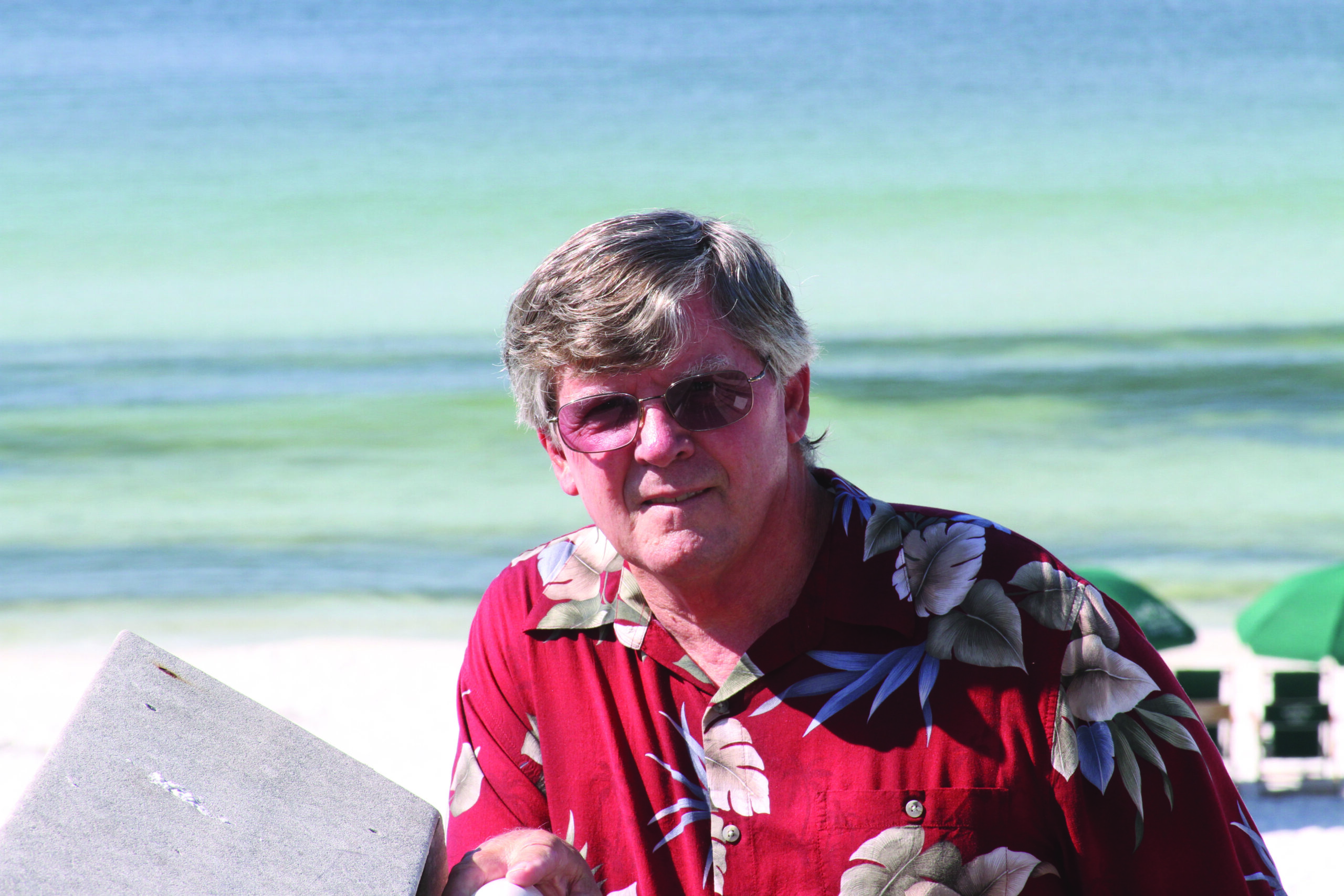By Hardy Jackson
“It breaks your heart. It is designed to break your heart. The game begins in the spring, when everything else begins again, and it blossoms in the summer, filling the afternoons and evenings, and then as soon as the chill rains come, it stops and leaves you to face the fall alone. You count on it, rely on it to buffer the passage of time, to keep the memories of sunshine and high skies alive, and then just when the days are all twilight, when you need it most, it stops” A. Bartlett Giamatti, “The Green Fields of the Mind”
For years, every fall, as September fades into October and the World Series approaches, I got this message from my friend and former student, Jo.
She is a baseball fan.
I used to be one. Today, I cannot name you all the teams or put them in their proper leagues and divisions, but there was a time, when I was a boy, that I could. I could have also named the starting lineups of most. Of course, there were fewer teams and fewer players, but that is not the point.
I loved the game.
And I loved Stan Musial and the St. Louis Cardinals.
I fell in love with the Cardinals listening to Harry Cary’s melodious voice bring them into my home via KMOX, a station powerful enough to penetrate Dixie all the way down to where I was, and anyone who followed the Cardinals in the 1950s loved Stan Musial.
He was “The Man.”
Twisted up in that peek-a-boo batting stance that I tried to copy, he hit with power and precision. I know. I saw him.
Twice.
Once on TV, when he won the 1955 All-Star Game with a 12th-inning home run and in person one year in the 50s when the Cardinals played the Dodgers in an exhibition game.
All of this came back some years ago when my son’s Sports Illustrated arrived and there he was, on the cover, wearing those baggy flannels that real baseball players wore, looking young, confident and every bit “The Man.”
He was part of one of those “Where Are They Now” features that fans like because they want to know and publishers like because they can sell more advertising.
Now I will be willing to bet that not many young folks playing the game today know much about Stan Musial.
Although he has held a host of records, is a member of the Baseball Hall of Fame, and is generally considered one of the greatest outfielders of all time, Musial has not been the subject of a best-selling, tell-all biography, because there is not much “all” to tell about a man who married and stayed married to his high school sweetheart, a player so good, so valuable, that he was the first in the National League to sign a $100,000 a year contract – and so honorable that, after a bad season, asked that his salary be cut.
Here was a player so loved by his city that the Cardinals owner told the general manager that he would never be traded. Never.
A player who thought so much of other players and their families that when he became the general manager, he added an in-the-park babysitting service so wives of the players could watch their husbands play.
My favorite Musial story concerns the day he hit a double down the line. The umpire called it foul, though it was obviously fair. Coaches and manager boiled out of the dugout to protest and were promptly thrown out of the game. Musial, however, went to the head umpire and said “What happened?”
When he was told it was called foul, “Stan the Man” reportedly said, “Well, there’s nothing you can do about it.”
Then he went to the plate and doubled to the same spot.
This time it was called fair.
That was the sort of man he was.
Back in my baseball-loving days, I sent letters to a bunch of the Cardinals asking for autographed pictures. Each of the ones I wrote sent me their picture postcard. All except one.
Stan Musial.
Musial sent me an 8 X 10 glossy that he autographed with a ballpoint pen. It hangs in my office today, just to remind me of baseball and why I once loved it.
So when it comes around this year, I think I’ll watch a little of the World Series, just to see if I love it still.
Something tells me I will.
Harvey H. (Hardy) Jackson is Professor Emeritus of History at Jacksonville State University. He can be reached at hjackson@cableone.net.


